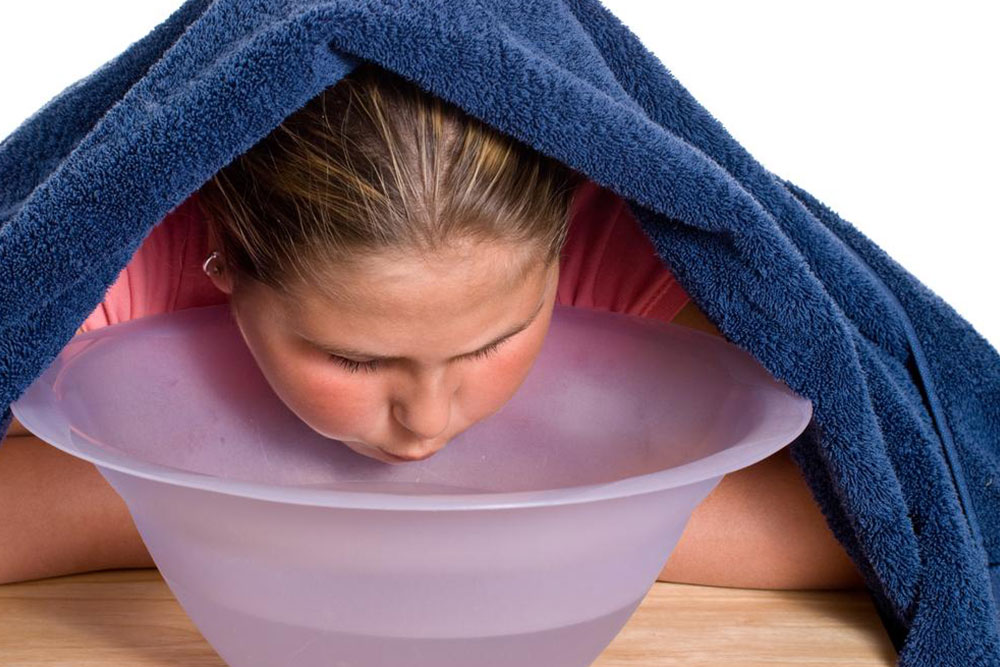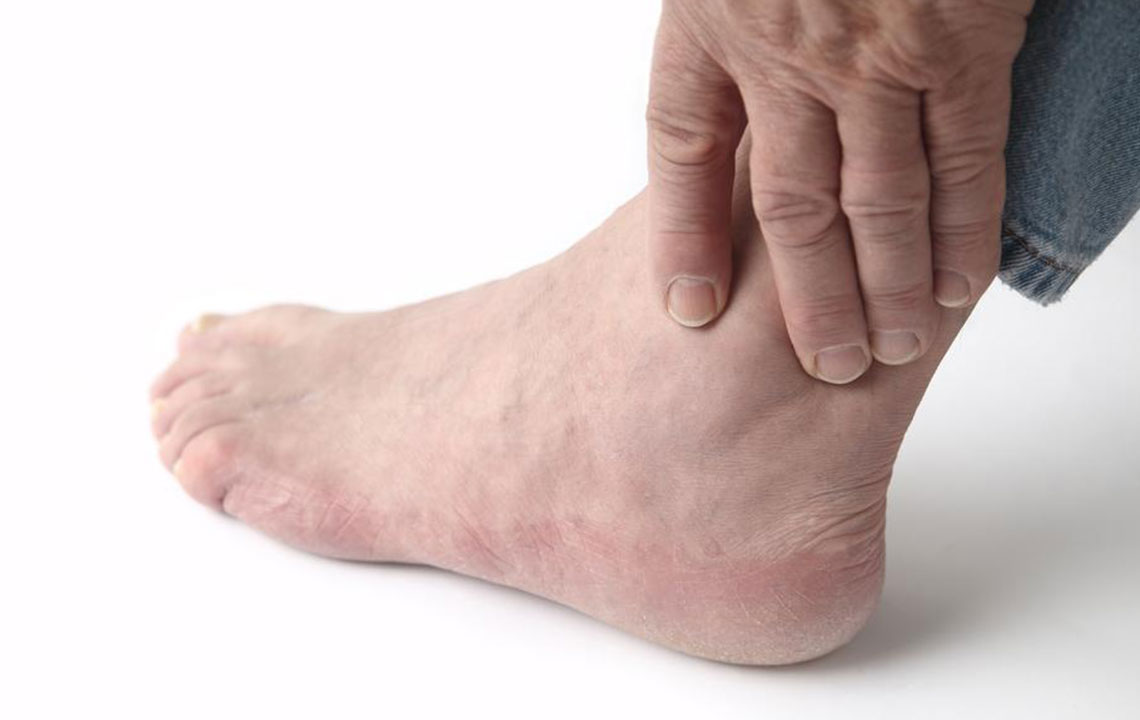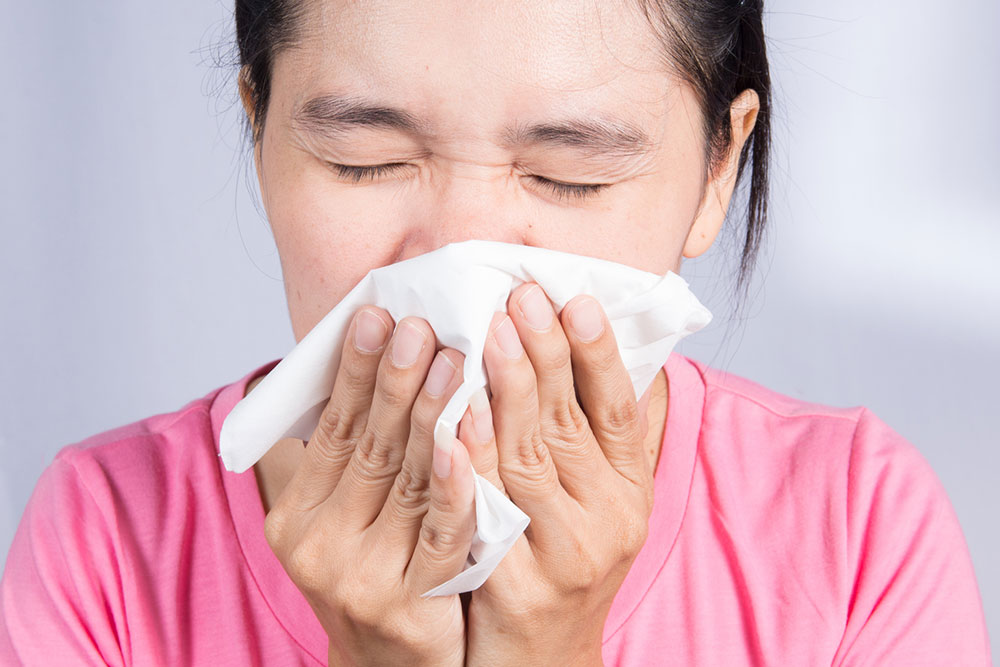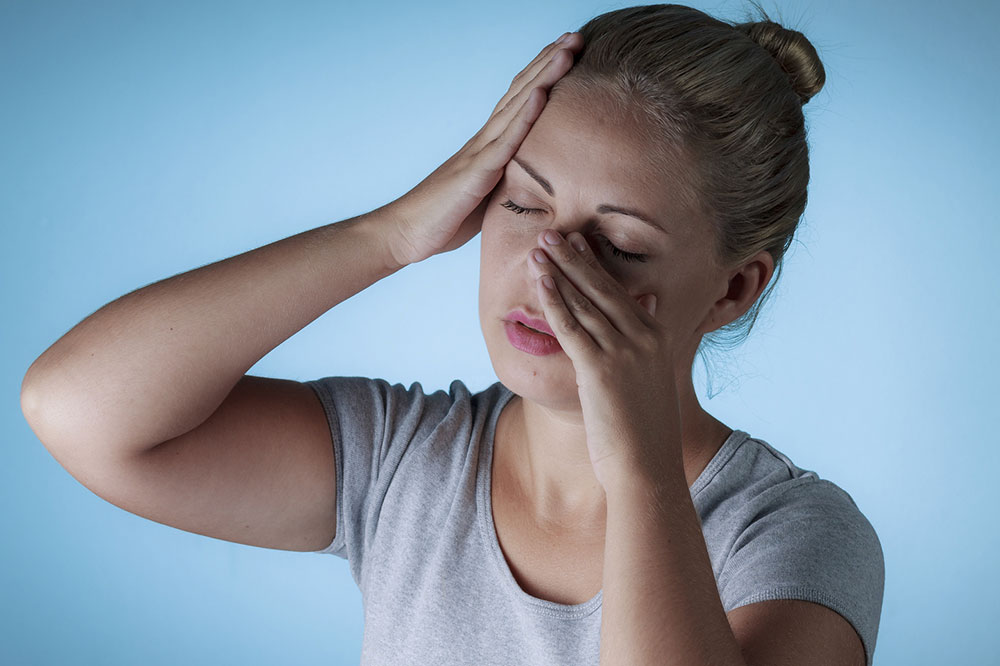Natural Ways to Alleviate Restless Leg Syndrome at Home
Discover effective natural remedies for controlling Restless Leg Syndrome at home. From dietary adjustments to relaxation techniques, learn simple ways to reduce symptoms and improve sleep quality. Incorporate lifestyle changes, proper diet, and stress management strategies to alleviate discomfort. For persistent issues, seek professional medical advice to ensure comprehensive care.
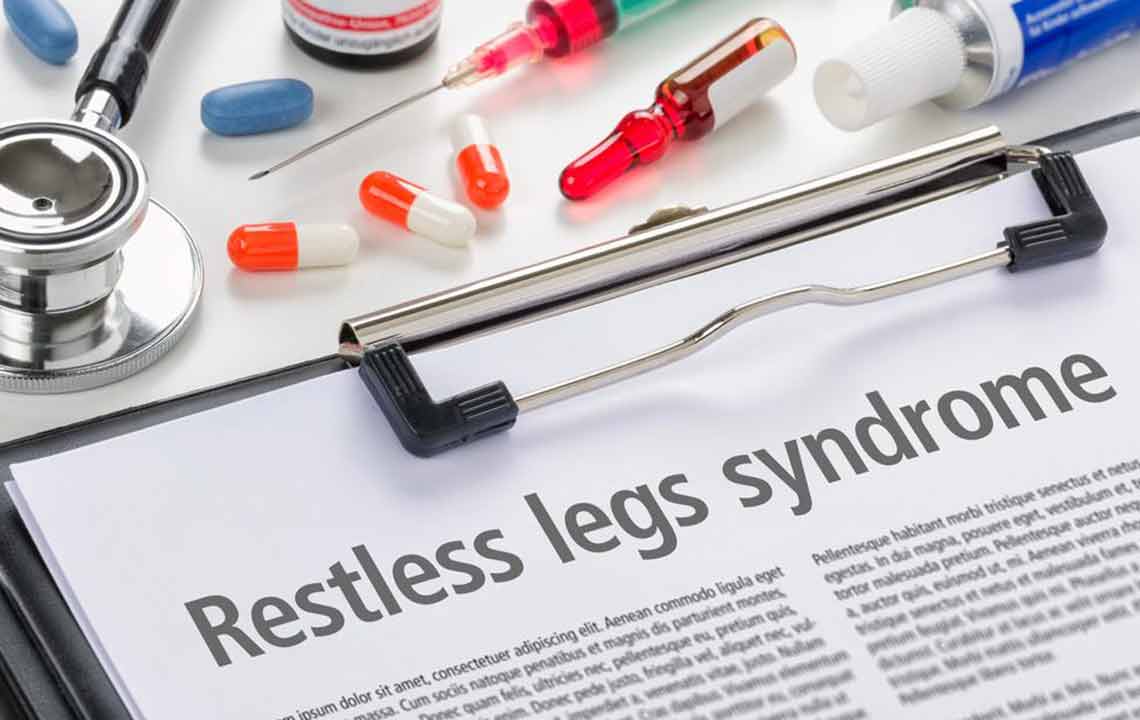
Natural Methods to Relieve Restless Leg Syndrome
Restless Leg Syndrome (RLS) is a neurological condition affecting many individuals annually. It causes an uncontrollable urge to move the legs, often accompanied by discomfort or pain, despite a relaxed body and mind. This disconnect between brain and body results in unwanted leg movements during rest or sleep. While medical consultation is advisable for proper diagnosis and treatment, numerous natural remedies can help manage symptoms effectively.
Implementing simple lifestyle adjustments can significantly reduce RLS symptoms. Maintaining a balanced diet, regular exercise, and good sleep hygiene are key approaches. Altering eating habits—such as avoiding caffeine, alcohol, and nicotine—can improve sleep quality. Prioritize nutrient-rich foods including leafy greens, lean meats, seafood, nuts, and whole grains, which supply essential vitamins and minerals like iron and vitamin D. Light exercise routines, stretching, muscle massages, and warm or cold compresses also provide relief. Managing stress through relaxation techniques and ensuring sufficient rest are vital for alleviating symptoms.
Sunlight exposure boosts vitamin D levels, and iron supplements paired with vitamins C and E may help if deficiency is present. Incorporating healthy habits like yoga and calming routines can further promote restful sleep. For persistent or severe cases, consulting a healthcare professional remains important, but many symptoms can be eased at home through these natural strategies.
Note:
While these home remedies offer relief, they should complement professional medical advice. The information provided is for informational purposes and not as a substitute for treatment. Always consult your doctor regarding persistent symptoms or severe discomfort.

